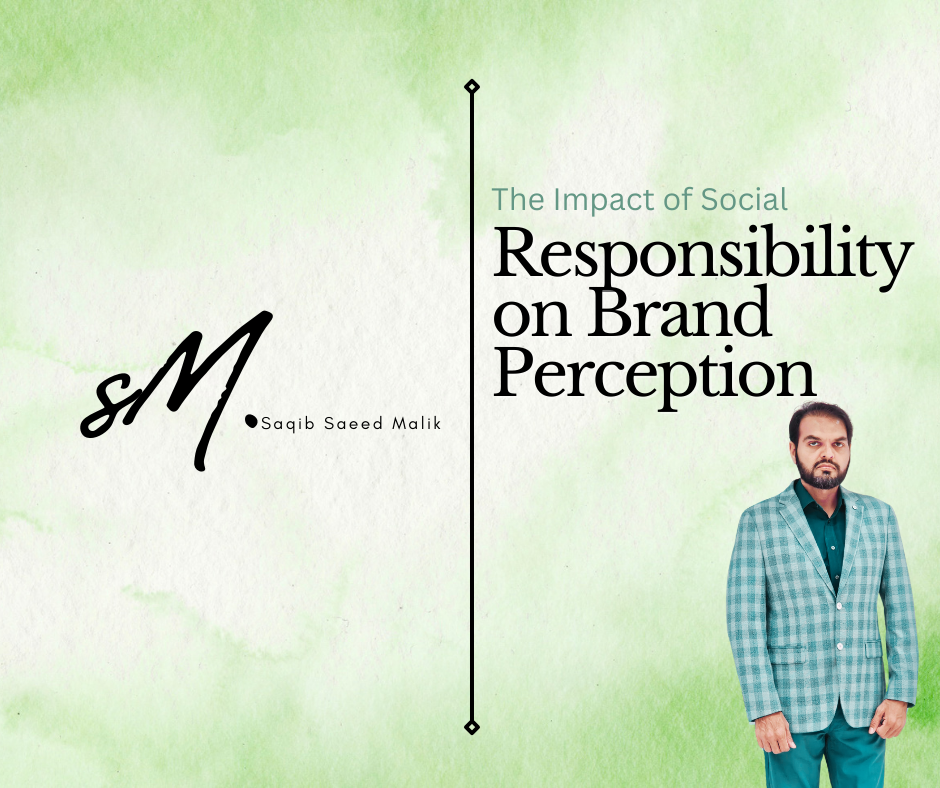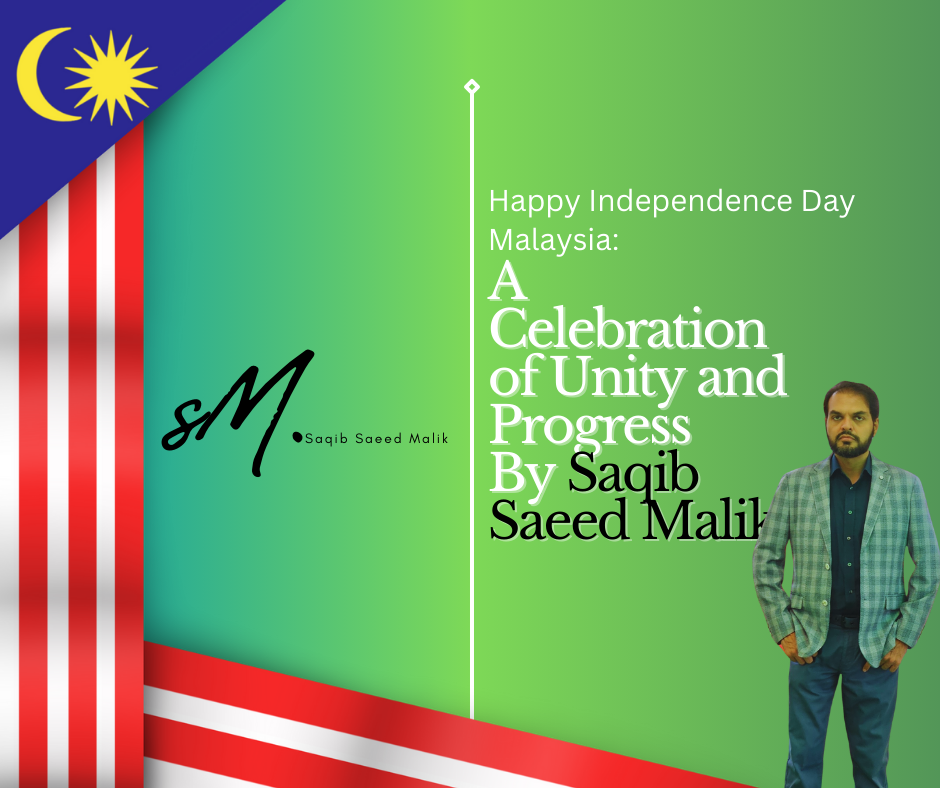As the sun rises on August 31st, Malaysia is adorned with the vibrant colors of its national flag, Jalur Gemilang, waving proudly in every corner of the country. This day, known as Hari Merdeka, marks Malaysia’s independence from British colonial rule in 1957, a momentous occasion that resonates deeply in the hearts of all Malaysians.
The Significance of Merdeka
Merdeka is more than just a public holiday; it is a symbol of freedom, unity, and the indomitable spirit of the Malaysian people. It represents the culmination of years of struggle, resilience, and sacrifice by leaders and citizens alike, who yearned for a nation where they could determine their own destiny. This day reminds us of the rich cultural tapestry that makes Malaysia unique—diverse yet united, with every community contributing to the nation’s progress.
A Journey Through History
On the historic morning of August 31, 1957, the first Prime Minister of Malaysia, Tunku Abdul Rahman, declared the nation’s independence in front of a jubilant crowd at the Merdeka Stadium in Kuala Lumpur. His resounding cry of “Merdeka!” echoed seven times, a powerful proclamation that Malaysia was now a free and sovereign nation. This moment marked the beginning of a new era, one that would see Malaysia grow from a nascent nation into a thriving, multicultural society.
Celebrating the Spirit of Malaysia
Today, Merdeka Day is celebrated with great enthusiasm and pride across the nation. Parades, cultural performances, and fireworks illuminate the sky as Malaysians of all ages come together to commemorate this significant day. The unity displayed during these celebrations is a testament to the strength and harmony that defines Malaysia—a country where diversity is embraced, and every citizen plays a role in its continued growth.
In schools and public spaces, the younger generation is taught the importance of Merdeka, ensuring that the legacy of independence and the values of unity, tolerance, and perseverance are passed on. The day is also a time to reflect on the progress Malaysia has made, from its early days of independence to its current status as a vibrant and dynamic nation on the global stage.
Looking Ahead
As Malaysia celebrates its 67th Independence Day, it is a time to look back with gratitude and pride, but also to look forward with hope and determination. The challenges of today may be different from those faced by the country’s founders, but the spirit of Merdeka remains the same—resilient, hopeful, and ever united.
Malaysia’s journey since independence has been one of remarkable growth and development, but the journey is far from over. As Malaysians continue to strive for greater heights, the spirit of Merdeka will undoubtedly guide the nation towards a future filled with peace, prosperity, and unity.
Conclusion
On this Merdeka Day, let us all take a moment to celebrate not just the freedom that was won, but the collective effort that continues to drive Malaysia forward. May the spirit of unity and togetherness that defines this great nation continue to flourish, ensuring that Malaysia remains a beacon of hope, progress, and harmony for generations to come.
Selamat Hari Merdeka, Malaysia!




